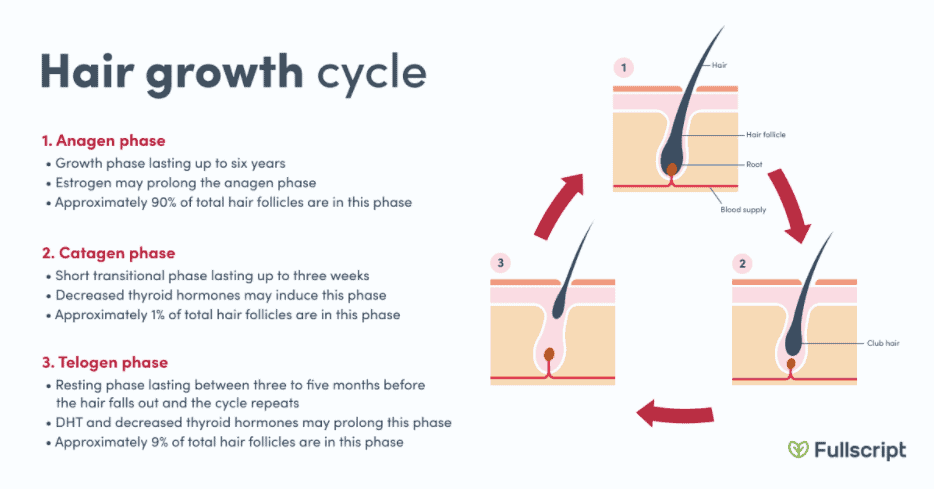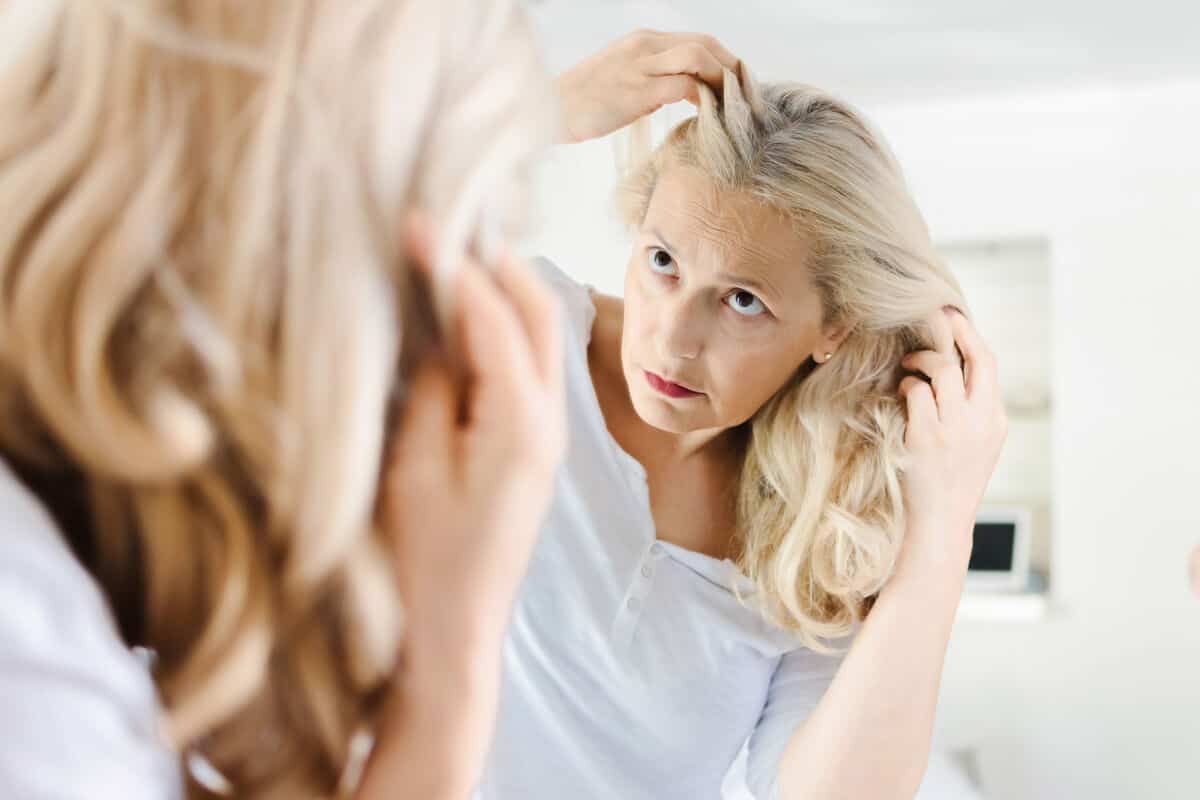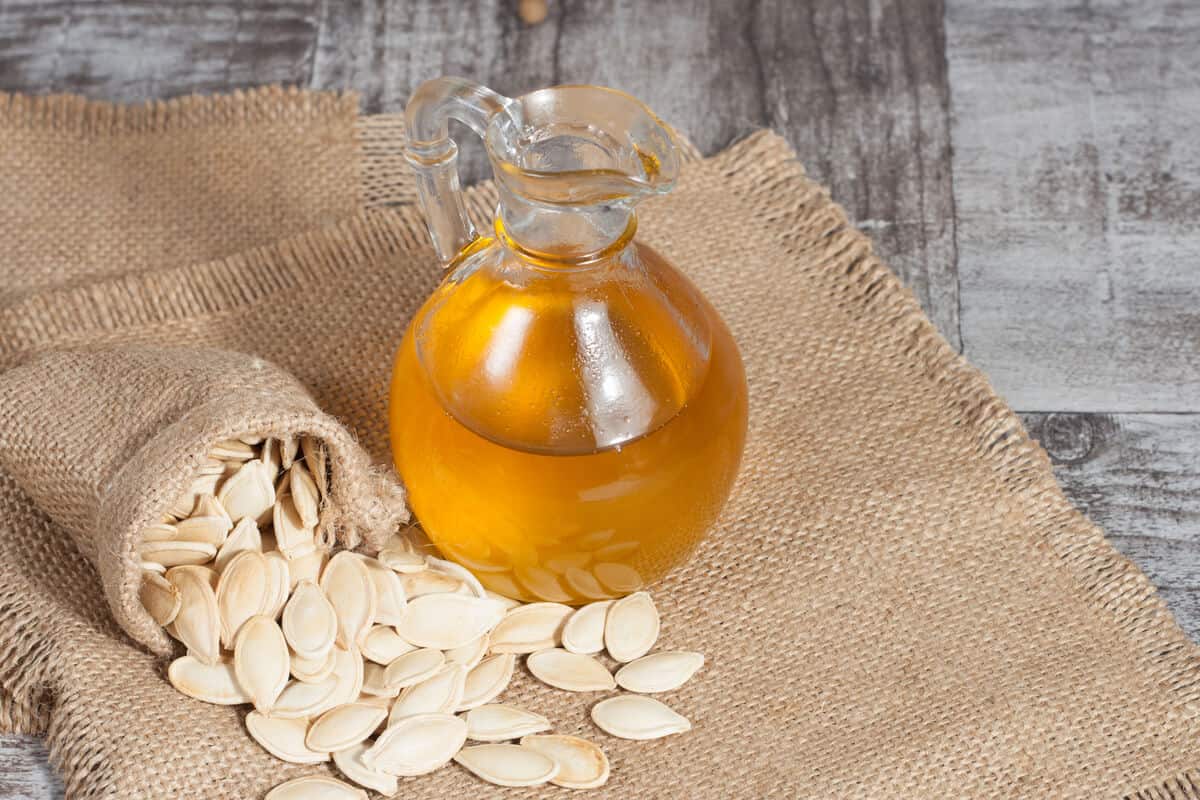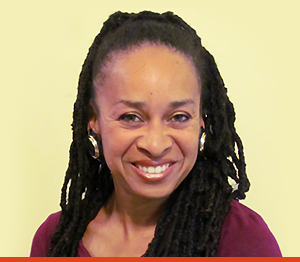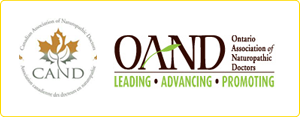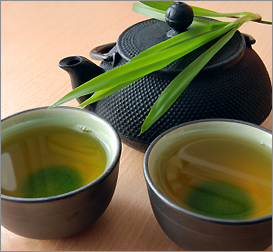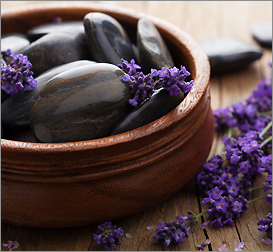While a full head of hair is not biologically essential to physical health, it can have significant psychological and social implications, especially for women. (4) From a clinical standpoint, any form of hair loss, from thinning hair and bald patches to complete baldness, can contribute to anxiety, depression, and other emotional issues. (10) That’s why helping female patients prevent or reverse hair loss is so important.
Every day, typically beginning in her 30s, a healthy adult woman loses about 100 hairs from the scalp. (14) When the hair doesn’t grow back, or hair loss occurs more rapidly, it may be time to explore the root of the problem. This article focuses on the most common cause of hair loss in both women and men, hormonal hair loss, which affects approximately 30 million women in the United States. (13) Other forms of hair loss, such as the autoimmune condition alopecia areata, will not be addressed in this article because causes, diagnosis, and treatments may vary.
Hormonal hair loss causes
Hormonal hair loss is also known as androgenic alopecia because there is a predominance of the hormone dihydrotestosterone (DHT), a derivative of the male hormone testosterone. DHT binds to androgen receptors in hair follicles which leads to a shrinking of susceptible follicles and miniaturization of the hair itself, making it nearly impossible for hair to survive. (16) The result is female pattern baldness.
What is DHT?
DHT is the most potent male sex hormone produced in both men and women. In women, it is synthesized directly by the ovaries or the adrenal glands. (11) In the presence of increased DHT, the hair anagen (growth) phase is shortened and the telogen (resting) phase is increased, causing increased hair loss. (12)
The hair growth cycle involves three phases: anagen, catagen, and telogen.
Other hormonal hair loss causes
Increased DHT isn’t the only hormonal dysfunction that can lead to hair loss in women. Other risk factors include: (14)
- Excess stress
- Family history of hormonal hair loss
- Medications such as chemotherapy
- Menopause
- Poor nutrition or a low protein diet
- Thyroid conditions
Thyroid hair loss
There is a clear connection between the thyroid and hair loss, as thyroid hormones can directly alter hair follicle function. (15)
There are several types of thyroid disorders, including Hashimoto’s thyroiditis, Grave’s disease, goiter, and hypothyroidism. Of these, hypothyroidism is the most commonly associated with hormonal hair loss. (1)
Menopause hair loss
Menopause can also be a time in a woman’s life when she experiences hair thinning or hormonal hair loss. Estrogen protects against hair loss in women. During menopause, increased hair loss may occur as a result of natural reductions in estrogen levels and potential excess levels of DHT. (7)
Hormonal hair loss can be triggered by numerous factors, including stress, menopause, and poor diet.
Stress hair loss
It is well-known that stress triggers a cascade of hormones and that chronic stress is associated with a number of negative health effects. (17) Research demonstrates that the neurohormones, neurotransmitters, and cytokines released during the stress response can negatively influence hair cycles and disrupt hair growth. (3) For patients experiencing stress-related hormonal hair loss, employing stress management techniques and taking certain dietary supplements to address stress may be beneficial.
Natural treatment strategies
A natural approach to hormonal hair loss may involve strategies to inhibit 5-alpha-reductase, an enzyme that helps metabolize DHT. (4)
Below are some medicinal plants that have been shown to have anti-androgenic or DHT reducing effects: (8)
- Black cohosh
- Chaste tree
- Green tea
- Licorice
- Red reishi
- Saw palmetto
- Spearmint
- White peony
Pumpkin seed oil has also been shown to inhibit 5-alpha-reductase, helping to reduce DHT and promote hair growth. (5)
Pumpkin seed oil may help promote hair growth.
Other natural substances have been shown to help treat hair loss. A 2019 review identified the following substances that could be of benefit to women who are experiencing hair thinning or hair loss: (9)
- Amino acids such as lysine and cysteine have been shown to thicken hair.
- Herbs such as capsaicin, curcumin, garlic, onion, and rosemary have been shown to help promote hair growth and reduce shedding.
- Vitamins such as biotin, vitamin D, vitamin E, and zinc are important because deficiencies in these nutrients can lead to thinning hair.
Hair growth products
Limited research shows that DHT-blocking shampoos may provide some benefit. These shampoos contain a variety of ingredients such as biotin, caffeine, zinc, and saw palmetto, and the antifungal agent ketoconazole. (6) Caution is warranted when choosing some of these products as illustrated by a 2018 study published in the Journal of Drugs in Dermatology. Of the 50 most popular hair growth products available on Amazon, researchers found that when comparing the ingredients in those products to the scientific literature, all of the products received either a C or D rating, indicating a lack of efficacy. (2)
The bottom line
Female hormonal hair loss can contribute to mental and emotional health issues. Helping women uncover the cause of their hair loss can inform the treatment approach for these patients. Whether DHT, estrogen, thyroid hormones, or stress hormones are involved, natural treatments may play an important role in preventing and reversing female hormonal hair loss.
If you’d like some help for your hair loss, I offer virtual and in-person appointments for women in Ontario, Canada.
For a free 15-minute consult to find out how I can help you and to see if we’re a good fit, contact me now at support@DrLindaBrownND.com or call (647) 372-0062.







